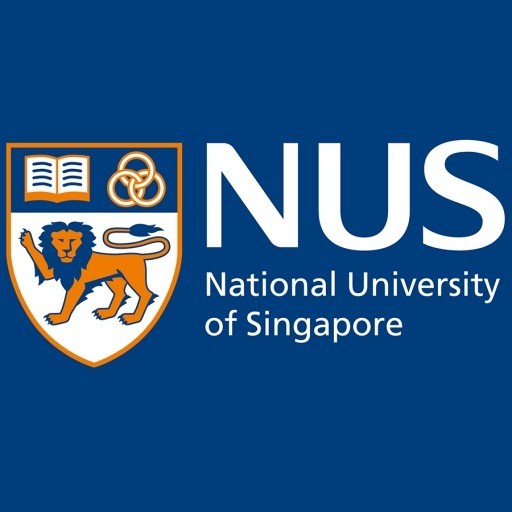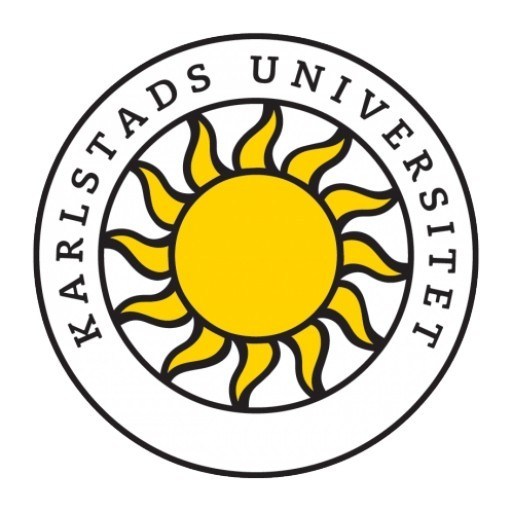Photos of university / #nus_singapore
Transport Systems and Management at the National University of Singapore is a comprehensive programme designed to equip students with the essential knowledge and skills to address the complex challenges of modern transportation. This interdisciplinary programme combines principles from engineering, urban planning, logistics, data analytics, and management to prepare graduates for leadership roles in the transportation sector. Students will explore topics such as transportation infrastructure, traffic flow analysis, public transit systems, sustainable mobility, intelligent transportation systems, and transportation policy and regulations. The curriculum emphasizes both theoretical understanding and practical application, including opportunities for real-world internships, industry projects, and collaborations with transportation agencies and companies. Graduates will be well-equipped to develop innovative solutions for efficient, safe, and environmentally friendly transportation systems, contributing to the development of smart cities and sustainable urban environments. The programme also addresses emerging technologies such as autonomous vehicles, connected transportation systems, and data-driven decision-making. With world-class faculty and state-of-the-art facilities, students benefit from a rigorous academic environment that fosters critical thinking, problem-solving, and leadership skills. Upon graduation, students can pursue careers in transportation planning, traffic management, logistics and supply chain management, transportation consultancy, and policy-making, among others. The programme aims to produce versatile professionals capable of influencing and shaping the future of transportation systems in Singapore and globally.
To qualify for the MSc (Transportation Systems and Management) degree with or without specialisation, a candidate must successfully complete a programme of study consisting of at least 32 Modular Credits (MCs) from modules in Lists A and B below. The remaining two modules (8 MCs) to satisfy the degree requirements may be selected from relevant level 5000 and level 6000 modules offered by the Department of Civil and Environmental Engineering or other graduate programmes of Faculty of Engineering, subject to the approval of MSc (TSM) Programme Management, which also include the modules in aforementioned Lists A and B. In addition, a student must obtain a minimum CAP of 3.00 (Grade B-) for the best modules equivalent to 40 MCs (inclusive of compulsory modules, where required). A Student may choose to graduate with the following degrees:
- MSc (Transportation Systems and Management), or
- MSc (Transportation Systems and Management) with specialisation in Logistics and Distribution Management
Specialisation in Logistics and Distribution Management
In addition to the above requirements, to graduate with MSc (TSM) with specialisation in Logistics and Distribution Management, the student must also obtain at least 20 MCs from List A:
List A – Distinct modules: (minimum choose any 5 modules)
- CE5203 Traffic Flow & Control
- CE5205 Transportation Planning
- CE5207 Pavement Network Management Systems
- TP5025 Intelligent Transportation Systems
- TP5027 Transport & Freight Terminal Management
- TP5028 Intermodal Transportation Operations
Another 16 MCs can be obtained from List B:
List B – Electives modules (minimum choose any 4 modules)
- BMA5004A Management and Organisation (2MCs)
- BMA5101 Industry and Competitive Analysis
- CE5204 Pavement Design and Rehabilitation
- CE5603 Engineering Economics and Project Evaluation
- CE5705 Transportation and Construction Safety Management
- CE5804 Global Infrastructure Project Management
- CE6001 Operations & Management of Infrastructure Systems
- CE6002 Analysis of Civil Engineering Experiments
- IE5001 Operations Planning and Control I
- IE5107 Material Flow Systems
- IE5121 Quality Planning and Management
- IE5202 Applied Forecasting Methods
- IE5203 Decision Analysis
- IE5401 Industrial Logistics
- IE5404 Large Scale Systems Engineering
- TP5026 Transportation Management and Policy
Modules taken outside the Department of Civil and Environmental Engineering are subject to the general guidelines and Department’s approval.
- At least a Bachelor's degree in Engineering or its equivalent.
- Payment of application fees (S$50)
- The page of your passport bearing the passport number
- Employment pass / work permit
- Documentary proof of change in name (if you had your name changed and your name in NRIC / Passport is not identical to the name printed on your degree scroll / certificate and university transcript)
- Polytechnic results and certificate (if applicable), or its equivalent
- Original official transcript, or its certified true copies,
- Financial statement indicating a balance of at least S$25,000 or its equivalent to show applicants’ ability to support themselves financially (i.e. estimated expenses of S$25,000 a year in Singapore) - only applicable to International applicants applying for full-time courses and who are not residing or not working in Singapore.
- TOEFL scoresheet indicating a min. score of 92 (internet-based test) or IELTS (Academic) result of 6.5
- Referee reports / recommendation letters
The Master of Science in Transportation Systems and Management at the National University of Singapore offers a diverse range of financing options to support students throughout their studies. International and local students are encouraged to explore various funding opportunities, including university scholarships, grants, and financial aid programs. The university provides numerous merit-based scholarships that recognize academic excellence, leadership qualities, and research potential. These scholarships are highly competitive and often cover partial or full tuition fees, as well as living allowances. In addition to university-managed awards, students may also seek external funding sources such as government grants, industry-sponsored scholarships, and bursaries specific to transportation or engineering disciplines.
NUS’s Financial Aid Office provides comprehensive advice and application guidance for prospective and current students, including information on loan schemes and part-time employment options available to support living expenses. Many students also benefit from the university’s partnership with industry stakeholders, which sometimes offer sponsorships or internship stipends that can help offset costs. The program’s substantial focus on practical and applied learning increases the chances for students to engage in paid internships, which can ease overall financial burdens. Furthermore, the university encourages students to explore external scholarships offered by government agencies, foundations, and professional bodies relevant to transportation and engineering fields.
It is recommended that students plan their finances early and consult the NUS Financial Aid Office for the most current information on available scholarship deadlines, eligibility criteria, and application procedures. The university’s commitment towards making education accessible is reflected in its broad range of financial support mechanisms, empowering students from diverse backgrounds to pursue advanced studies in transportation systems and management without undue financial hardship.
The Bachelor of Engineering in Transportation Systems and Management at the National University of Singapore is a comprehensive program designed to prepare students for careers in the planning, design, operation, and management of transportation systems. This program covers a wide range of topics essential to understanding the complexities of urban mobility, sustainable transportation solutions, logistics, and infrastructure development. Students will gain a solid foundation in engineering principles, coupled with specialized knowledge in transportation planning, traffic management, intelligent transportation systems, and environmental impact assessment. The curriculum integrates theoretical coursework with practical application through laboratory work, projects, and internships, ensuring that graduates are well-equipped to address real-world transportation challenges. Emphasis is placed on sustainable and innovative transportation solutions, including the use of emerging technologies such as automation, electrification, and data analytics. The program also fosters multidisciplinary learning by incorporating aspects of urban planning, policy development, and environmental considerations, thus preparing students to work effectively in multidisciplinary teams. Graduates of this program are equipped with the analytical, technical, and managerial skills necessary for careers in government agencies, consulting firms, transportation operators, and research institutions. The program duration is typically four years, with opportunities for exchange programs and industry attachment to enhance practical experience. Admission requirements include strong academic performance in relevant subjects, and students are encouraged to develop skills in problem-solving, communication, and teamwork. The Department of Civil and Environmental Engineering at NUS ensures that the curriculum remains aligned with global standards and industry needs, providing students with a competitive edge in the transportation sector. Upon completion, graduates may pursue advanced studies or enter the workforce directly, contributing to sustainable transportation development and innovative mobility solutions worldwide.










